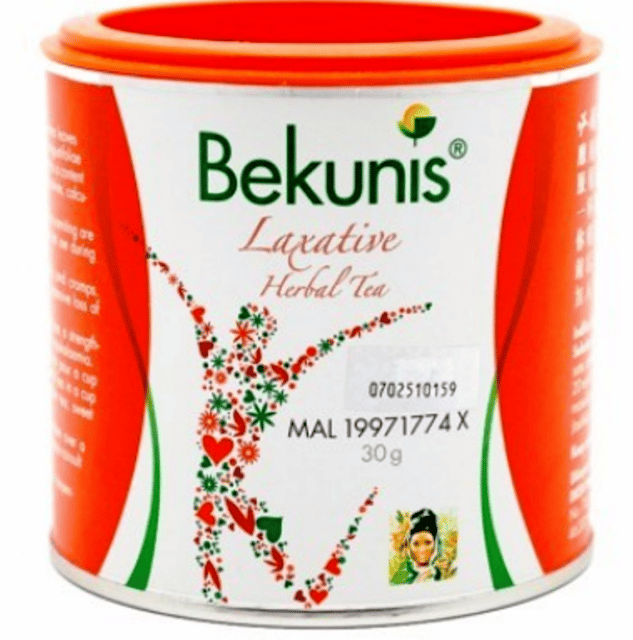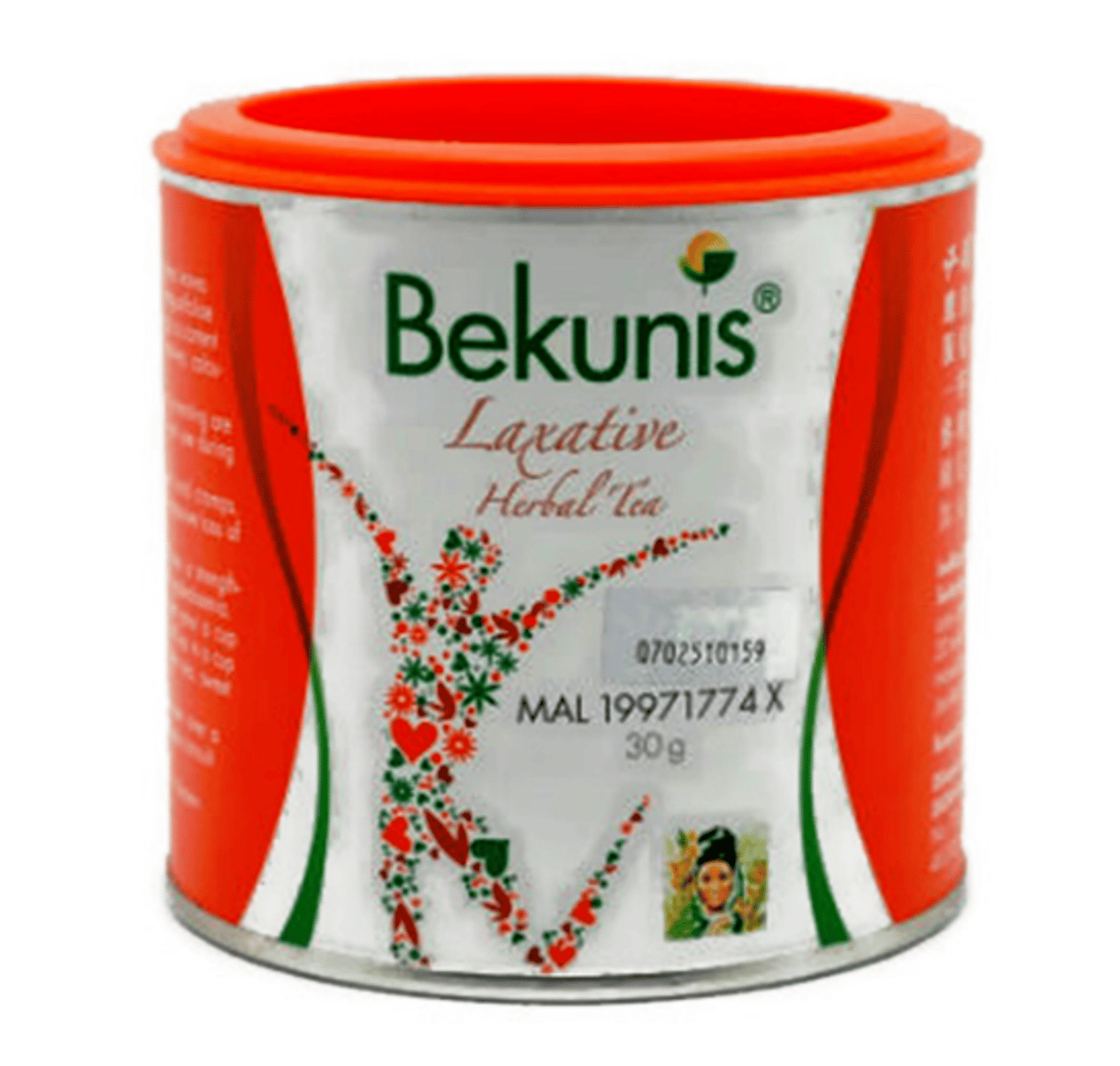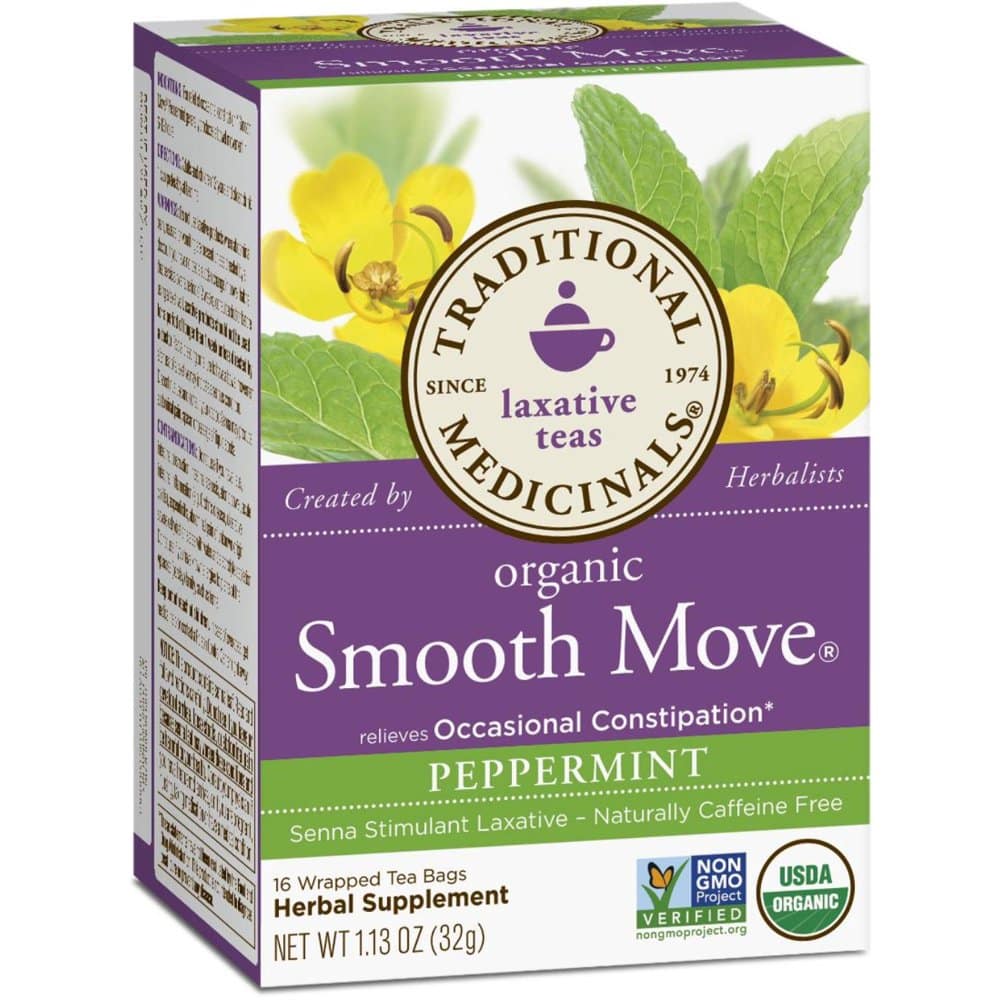Drink Plenty Of Water
Every cell in your body needs water to function to its best ability. If you dont drink enough water, your body will compensate by pulling water out of your intestines. This may result in hard stools that contribute to constipation.
Drink water throughout your day. You will know that you are drinking enough if your urine is clear.
You May Like: Bubble Tea At Starbucks
Final Thoughts On The Best Teas For Constipation
Easing constipation using a relaxing, soothing cup of tea can be a great way to get relief without turning to harsh laxatives. Teas work with your body to naturally stimulate intestinal and bowel movements instead of forcing something to happen.
The best part is that many of the teas that are known to help with constipation can actually be consumed safely on a daily basis to keep your digestive health in top condition!
While herbal and caffeinated teas are generally considered safe for all people, some specific teas pose risks for toxicity and contraindications. If you are suffering from severe constipation or other major digestive issues, always talk with your doctor before using any herbal or natural remedy as a treatment.
Enjoy your tea and stay healthy!
-Joonas
PS. Check out also this guide with teas that improve digestion.
Save on Pinterest:
Chamomile Tea For Mild Digestive Symptoms And Constipation
Chamomile may not directly relieve constipation, but it provides the drinker with a calming effect that relieves the tension in the muscles. This fragrant herb can be added in tea, and drinking it will soothe the body. It relieves your intestinal muscles from stress and constipation.
The benefits of chamomile tea for digestive issues are almost endless. It can help with bloating, gas, cramping and bowel movements. Chamomile tea has a soothing effect that provides relief for the digestive system and aid issues like infrequent bowel movements while also being good for treating anxiety and stress related causes of constipation in your life.
Also Check: Is Turmeric Tea Good For You
Health Benefits Of Senna
A number of studies have tested the effects of senna in powder or capsule form. Very few studies have looked at the potential health benefits of drinking senna tea. Most of the research studies on the health benefits of senna focus on its potential use in the treatment of constipation and other gastrointestinal disorders.
Some proponents suggest that drinking the tea can help with weight loss. To date, there is no evidence that senna tea offers this benefit. Its also important to note that the use of laxatives isnt considered a safe way to lose weight or reduce body fat.
You May Like: Is Menoslim Tea Safe
Green Tea Can Cause Constipation

In general, green tea is not supposed to cause constipation. It is loaded with antioxidants that will help you get rid of free radicals and waste from your body through bowel movement. However, drinking too much of green tea can lead to a number of side effects like constipation. Why?
Due to its caffeine content, green tea is a diuretic drink. Meaning, it has the ability to stimulate the body to release water. For better digestion and regular bowel movement, your stomach needs enough water to break down the food and absorb its nutrients. Caffeine robs off the fluids in your body which are necessary for elimination.
Aside from caffeine, green tea also contains tannin. Tannin has many health benefits and can be found in various food sources aside from green tea. However, too much of it can cause constipation. Therefore, medical experts warn that teas are not advisable for people who are prone to constipation because of tannin and caffeine.
However, not everyone who drinks green tea suffers from constipation. Some people are sensitive to it that only a little amount can make them constipated. On the other hand, others have high caffeine and tannin tolerance that even if they consume more than the recommended amount of green tea each day, they wouldnt feel any adverse effect at all.
Don’t Miss: What Is Flat Tummy Tea
Fast Facts On Laxatives:
There are four main types:
- Bulk-forming laxatives:Also known as fiber supplements, these work in the same way that fiber in the diet normally does. They increase the bulk of stools by getting them to retain liquid, which encourages the bowels to push them out. Adults with constipation should start taking bulk-forming laxatives as a first-line solution unless there is a specific reason not to do so. They usually take 1224 hours to start working.
- Osmotic laxatives: These soften the stool by increasing the amount of water secreted into the bowels, making it easier to pass. They may take up to 23 days before they start to work.
- Stimulant laxatives: These stimulate the digestive tract walls, speeding up bowel movements. Usually, they take effect within 612 hours.
- Stool softener laxatives: These of stools so that they absorb more water, making them softer. Usually, they work within 1272 hours.
There are also some less common types of laxatives:
- Lubricant laxatives: These lubricate the intestines by decreasing the amount of water absorbed by the intestines.
- Saline laxatives: These are used when there is no blockage in the bowels. Often, they are enemas used to empty the bowel before invasive procedures or surgery.
- Prokinetic laxatives: These are used for severe constipation in conditions such as irritable bowel syndrome and chronic idiopathic constipation.
some people attempt to lose weight through the frequent and repeated use of laxatives.
Flat Tummy Tea Improves Bowels Movement
Another great herbal remedy for constipation is our Amelie Flat Tummy tea. This tea has been created to help tackle digestive problems such as irregular bowel movements, bloating, excess gas and indigestion.
Its also great for dealing with constipation caused by digestive issues. The tea contains peppermint, fennel seeds, turmeric, dandelion root, and chamomile to help ease constipation and promote healthy digestion.
After eating, you should have one cup of this tea to help your body effectively digest food without resulting in constipation. The tea contains turmeric and peppermint to aid digestion and reduce bloating and constipation.
Also Check: Does Peppermint Tea Help With Migraines
Peppermint Tea For Digestive System
Drinking peppermint tea after meals can relieve you of constipation and give your stomach a break from heavy food. The next time that post-holiday tummy trouble comes around, drink up!
Drinking fresh or brewed peppermint tea is not only soothing on the digestive tract but also fulling for the appetite so it keeps those pounds off by preventing overeating. It is hot, soothing and filling for the gut. This tea can be drunk at any time of the day though it is best recommended to drink peppermint tea after a meal as it helps relieve one from constipation by providing relief to an overworked gastrointestinal system.
Peppermint has natural menthol qualities that are anti-inflammatory and relaxant which eases tension and discomfort in the stomach area resulting in better digestion overall.
Peppermint extract was found in studies done on rats with irritable bowel syndrome show significant reductions in symptoms like abdominal pain, diarrhea or bloating when treated with peppermint oil compared to control animals not receiving treatment. The beneficial properties also help reduce inflammation
Why Drinking Tea Can Help With Constipation
Teas made from the tea plant and herbal tisanes prepared with leaves, roots, seeds, and other parts of various plants can provide a natural way to relieve constipation.
Here is how teas can help you:
- Some teas have natural laxative compounds such as strictinin found in puer tea.
- Teas with caffeine produce a natural laxative effect that stimulates the colon muscles to contract and release more often. In studies, black, green, and puer tea have been shown to improve gastrointestinal motility via their caffeine content.
- Many herbal teas contain ingredients known to aid healthy digestion.
- The hydrating effect of tea can help lubricate the intestines.
- Hot beverages promote blood circulation in the digestive system and encourage regular bowel movements.
Also Check: Which Is The Best Green Tea To Buy
Why Cant I Push My Stool Out
- If you frequently struggle to have bowel movements and are required to use laxatives on a regular basis, you run the risk of developing a dangerous bowel condition known as fecal impaction at some point in the future.
- An example of a fecal impaction is a huge, solid lump of feces that becomes lodged so deeply in a persons colon or rectum that they are unable to expel it.
Tea Keeps Your Pooping Habits Regular
Whether you go with traditional black and green tea or you choose an herbal tea that is specifically designed to help you poop, tea is a great choice for helping with occasional constipation or other digestive issues. Be sure to ingest tea regularly along with plenty of water on the side to give your digestive system all the active ingredients it needs to thrive.
Read Also: Where To Buy Tea Lights
How To Get Rid Of Constipation With Tea
If youre looking to find out how to relieve constipation, you neednt look any further than your morning cuppa. While it does depend on what blesses your mug – or, in other words, what type of Tea you drink – there is a chance of it making a difference.
That difference might be small, but when it comes to what helps constipation, youre probably considering any and all options!
The absolute, 100% best Tea for constipation is difficult to say outright. We have, therefore, chosen five: Green, Peppermint, Liquorice, Dandelion and Camomile.
Drink one and you might find it providing soothing and relaxant properties. Pick another and it could have a laxative effect. There are even those in this selection of five that promote wellness on a molecular level. Lets discover more.
Other Ways You Can Fight Constipation

In addition to drinking the best tea for constipation, you can also do a few other things to help your digestive tract get back on track. Try incorporating laxative foods into your diet. Prunes, chia seeds, apples, and leafy vegetables are all great choices.
One of the main reasons tea is so wonderful when treating constipation is that it helps you stay hydrated. This means your stool has a better consistency and decreases the risks of constipation. Besides drinking tea, make sure to stay hydrated by drinking plenty of water and fluids.
If you suffer from chronic constipation, you may need to look into over-the-counter medications or prescription remedies to solve the problem. For mild constipation, changing your diet and exercise regime may also help to alleviate symptoms of occasional constipation. Try incorporating physical activity into your daily regimen. Aim tog et around 30 minutes of exercise each day and eat a healthy diet rich in high fiber foods.
Recommended Reading: What Do You Mix With Long Island Iced Tea
Is Peppermint Tea Good For Constipation
There is some evidence that drinking peppermint tea might both treat and prevent episodes of constipation. It is believed that peppermint is beneficial to the digestive system. There is some evidence that drinking green tea might improve gastrointestinal health. It has been utilized as an aid in the treatment of nausea as well as diarrhea and constipation.
How To Use Ginger For Constipation
One of the easiest and simplest ways of using ginger for constipation is to use it directly.
All you need to do is wash and peel fresh ginger root and cut it into small pieces and chew on them directly, daily to get rid of your constipation. This is one of the most effective methods you could employ to treat your constipation. However, this may seem radical for a few people to use.
Alternatively, there are several other methods you could employ, like adding ginger into your cooking or making a tea out of this herb, you could also go on a lemon and ginger cleanse. Additionally, in the recent light of events after the breakthrough of the medicinal benefits of ginger, there have been several tinctures, pills, lozenges, and juices that are readily available. However, it is to be noted that you should check the dosage before you buy these products.
Read Also: Popping Boba At Dunkin
Recommended Reading: How To Remove Tea Stains From White Clothes
Does Tea Make You Poop
Like many drinks that contain caffeine, tea has a reputation of being an herbal laxative that has been used for centuries to help relieve constipation. But does this mean that tea contains ingredients that make you poop?
Tea makes you poop because the caffeine it contains helps stimulate your intestine into contracting. This biological reaction causes you to feel the urge to use the bathroom. Tea can be used to help relieve constipation by gently encouraging you to have a bowel movement.
If you have a hard time pooping, increasing the amount of tea you drink can help you have an easier time using the toilet. Read on to learn more about how tea affects your ability to poop.
This post may contain affiliate links. My full disclosure policy is sort of boring, but you can find it here.
Fennel Stimulates Gastrointestinal Motility
Gastric motility refers to the contraction of smooth muscles that line the GI tract to aid in digestion of food and its movement through the gut .
This function is achieved by an organic compound called anethole, which is a derivative of a common component of essential oils known as phenylpropene. This compound is also largely responsible for its smell and flavor.
Don’t Miss: Is Hibiscus Tea Good For Your Kidneys
Dosage: How Much Senna Should I Take
Always speak with a healthcare provider before taking a supplement to ensure that the supplement and dosage are appropriate for your individual needs.
Senna tea is widely available in health food stores, vitamin shops, and online. There is no standardized dose. When researchers have studied it for the treatment of general constipation, the usual dose is 15 milligrams daily. In older adults, 17 mg daily has been used. For constipation during pregnancy, it may be safe.
With senna, though, it can be hard to know how much you’re getting in a cup of tea and how it will affect you. Many tea sellers list the use of a “proprietary blend” on their product labels. They do not list the amount of each herb in the tea, so you have no way of knowing how much senna is in it.
It would still be hard to know the exact dose found in your cup of tea, even if you know the amount of senna in a product. Steeping time and water temperature can change the amount of senna that is released into the brew.
What’s true about the use of one tea isn’t always true of another, either. The amount of active ingredients varies from one product to the next. Some senna teas are blended with other laxative herbs, like cascara sagrada or rhubarb. Their effects must be taken into account too. When possible, choose a supplement that has been third-party tested by NSF or USP.
Benefits Of Fennel For Constipation
Clinically speaking, pharmacologically active substances that help relieve symptoms of constipation by inducing bowel movements are called laxatives. Several studies conclude that fennel is one such natural, yet effective laxative.
For instance, this study posted in the National Center for Biotechnology Information website reveals that fennel exhibits it laxative properties through two primary mechanisms:
- stimulation of motility
As an added bonus, it also stimulates the release of gastric enzymes.
You May Like: What Tea Is Good For Kidney Stones
/5how Tea And Coffee Helps In Clearing Gut
Healthy lifestyle habits make life beautiful. One such habit is of waking up to a piping hot glass of tea or a cup of coffee. While for many of us its the perfect kick to begin the day, but for some, it is to attend natures call properly. So, the question of concern is, what is it about tea and coffee that helps the morning poop so easy? Heres the answer.
Recommended Reading: What Kind Of Alcohol Does Twisted Tea Have In It
No More Bloating With Caraway Seeds

|
Seeds of the caraway plant are great to help stop constipation. The seeds have a high concentration of healthy fibre, which keeps your digestive system healthy and encourages you to go to the toilet. |
Furthermore, the seeds are also high in magnesium. Magnesium helps to pull water into your gut, lining your intestines and helping flush out any faeces.
Don’t Miss: Where Can I Buy Fresh Tea Leaves
Home Remedies For Constipation Relief
Dietary changes, drinking water, exercise, and taking supplements are among the natural ways to relieve symptoms of constipation. Identifying the factors contributing to constipation can help you decide which remedies are best. A combination of the following remedies may be necessary to treat the problem.
Recommended Reading: Dunkin Bubble Tea
Fodmaps And Gassy Foods
If you have IBS, you may want to avoid foods that are high in short-chain carbohydrates , even if they are good for other people who have constipation. FODMAPs are carbohydrates found in ordinary foods that have been found to exacerbate IBS symptoms.
Although eating more fruits and vegetables can help to ease your constipation, some of them have a gassy reputation. It may be a good idea to choose foods that are less likely to give you gas until your system is working more readily. Once your acute constipation has passed, you can widen your choice of produce.
Recommended Reading: At Home Chai Tea Latte